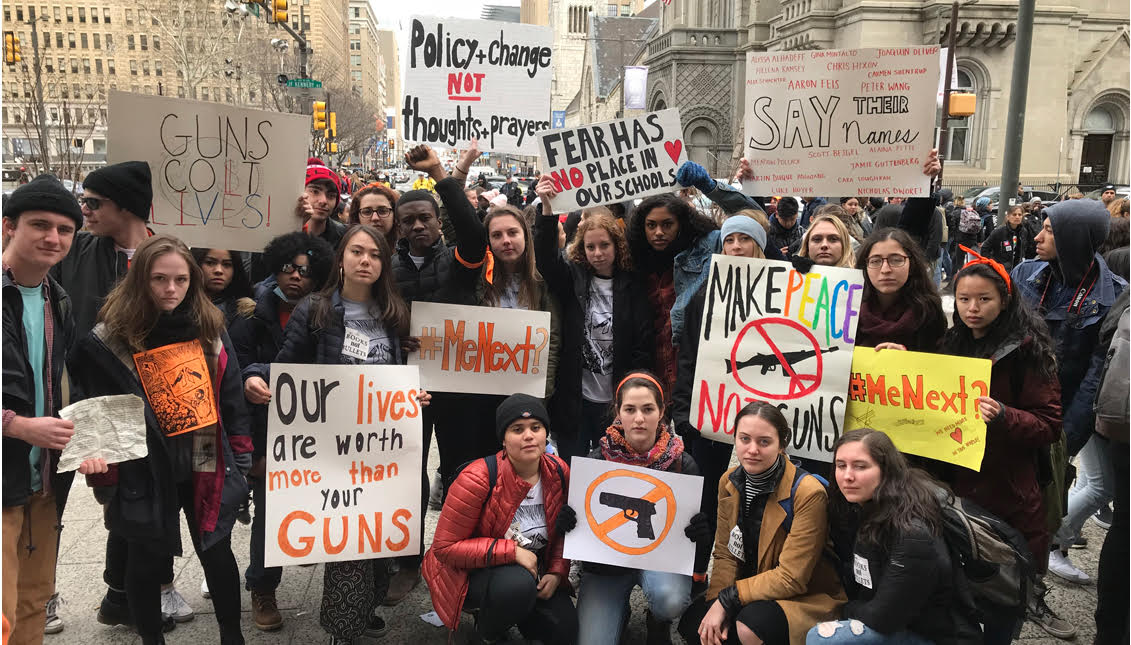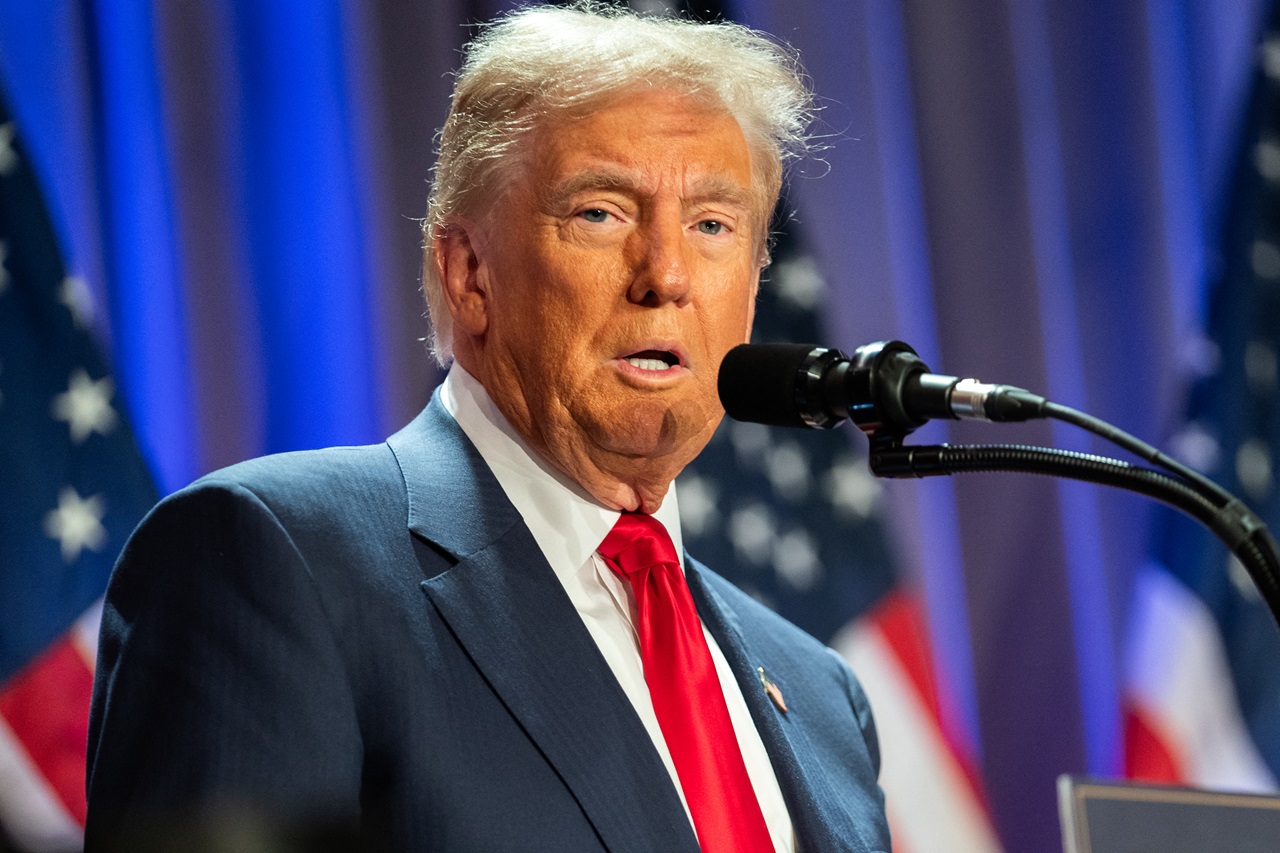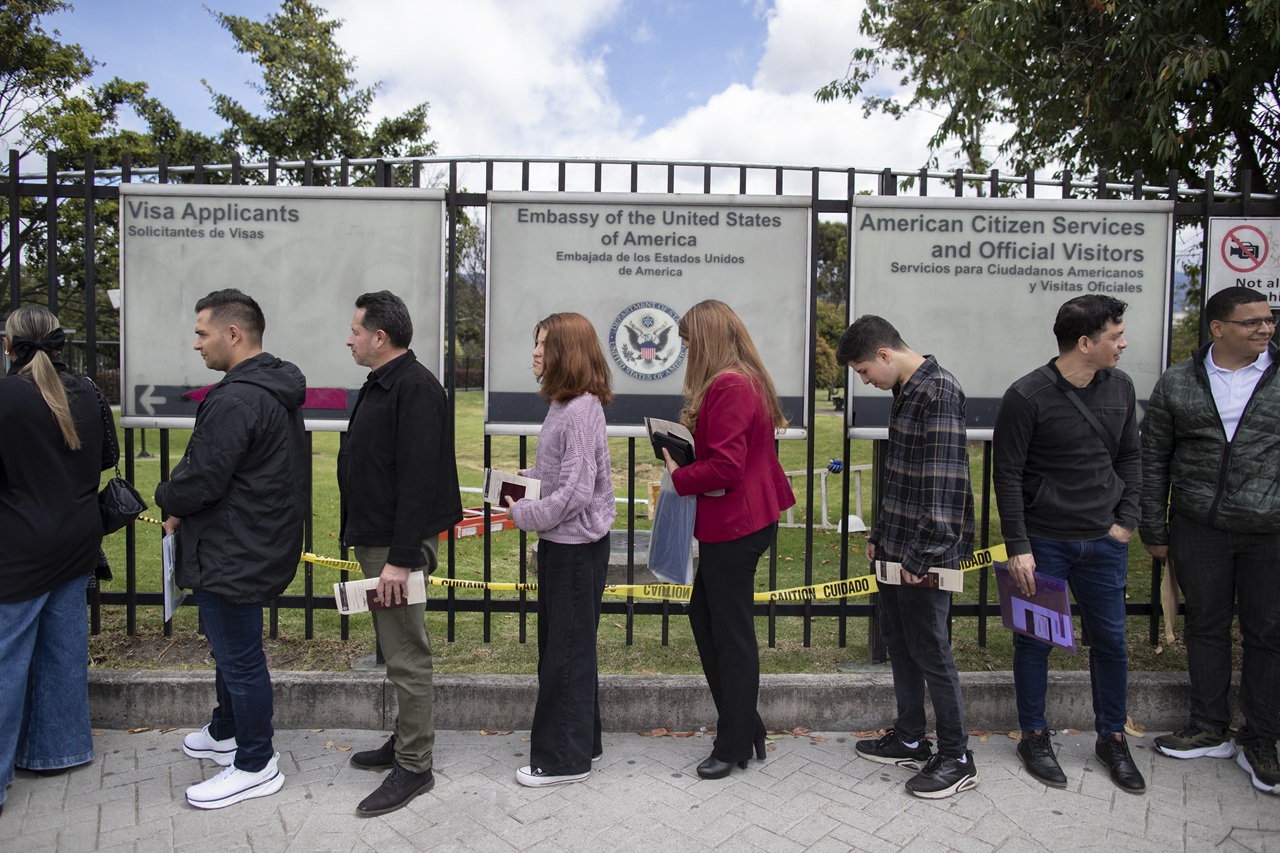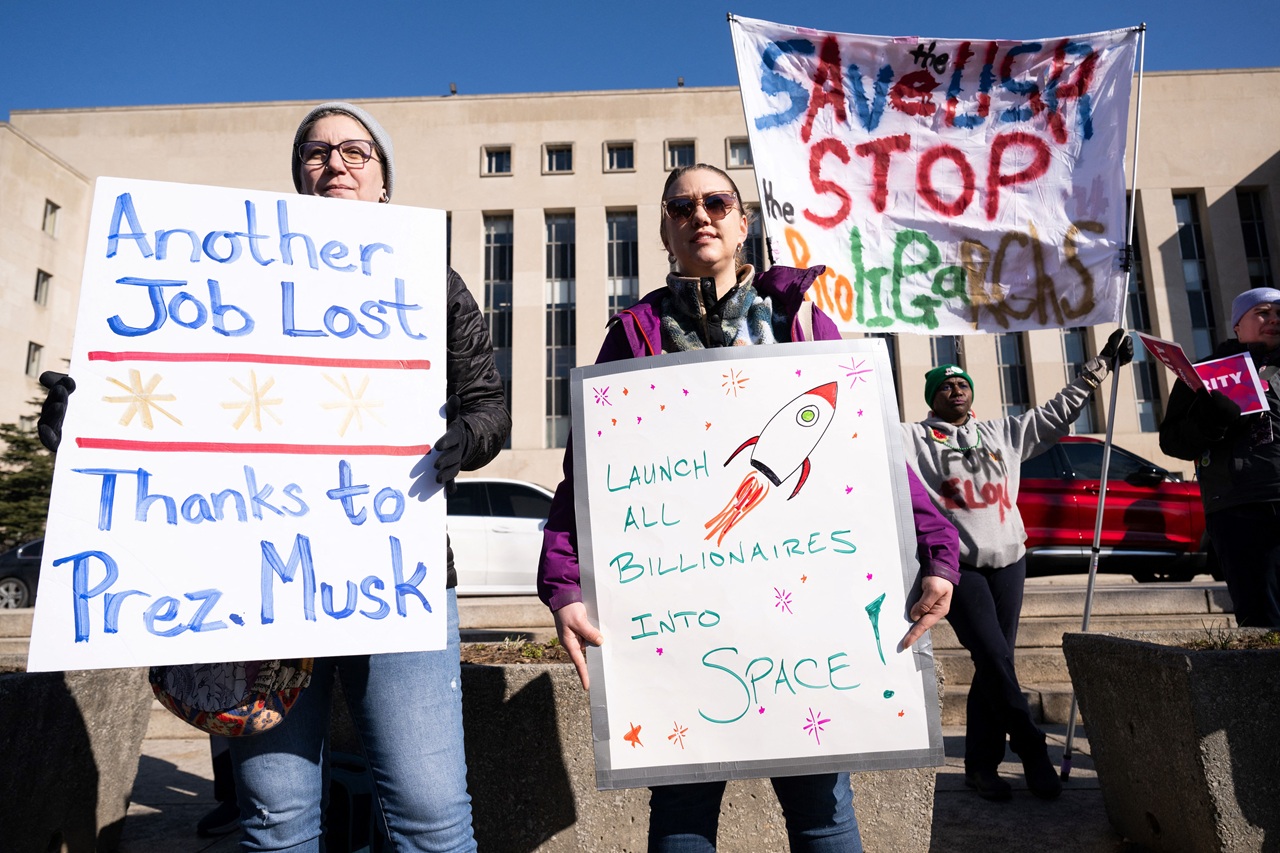
Philadelphia’s crime rates have risen and Anti-Violence Partnership has a mission to reduce the cycle of violence.
Kendra Van de Water talked with AL DÍA about the initiatives in place to fight Philadelphia’s spike in homicides.
In the last year, murders in Philadelphia have had a significant spike, almost 23% from the year before.
On July 22, President Donald Trump addressed the crime rate in Philadelphia, and went so far as to threaten to send federal agents to combat the surge in violence. To date, there have been 232 homicides in Philadelphia.
On July 6,, 23 people were shot throughout the city, this being the most in a single day since 2013. Of them, six victims died, including a six-year-old boy believed to be shot by accident by a five-year-old boy. Though, that was not the worst. Over the weekend of July 4, 35 more people were shot between Friday morning and Sunday night.
Kendra Van de Water, the director of the Intra-Familial Homicide Initiative at the Anti-Violence Partnership (AVP), spoke with AL DÍA about inner-city Black and brown communities that face the worst of the city’s gun violence epidemic, experience systemic discrimination, racism, poverty, and are also getting the worst from COVID-19.
AVP works with multiple victim services in Philadelphia’s Northeast, North-Central and so on.
They work collaboratively across the city’s sections to create a single sheet where victims from across the city are tracked.
Additionally, Van de Water put together a task force to improve communications within the community organizations and homicide units to support each other better. The community groups include: Mother’s in Charge, Operation Save Our City, and Every Murder is Real Healing Center.
One of the resources provided for victims of homicide related trauma, is a book called The Survivor’s Burial and Resource Guide produced by a Black woman who lived through the traumas of losing someone.
In a press release from AVP, it said: “without a space and the resources for learning and healing, cycles of violence are perpetuated.”
Van de Water explained that during a time where there is a spike in murder throughout the diverse city, it is important to realize that not everyone has the same needs during a homicide.
“There is distrust with the police, district attorney, with everyone. It is a lot of advocacy. It is important to find those direct contacts within those systems that you personally build a relationship with that if a family member or survivor is not getting something that they need, then you can intervene,” she said.
In regards to virtual help amid COVID-19, Van de Water said that there are definitely elements lost.
“The biggest problem is if everyone has access to internet and phone capability,” said Van de Water.
RELATED CONTENT
Dealing with the murder of a person is difficult in general, and it’s even more so if it’s a loved one who’s the victim. It’s AVP’s in-person services that cater most to these situations, but the pandemic has forced a virtual format to these often intimate meetings.
“There’s a huge difference between having a conversation about a murder over the phone than coming to your house and showing you that I support you in a different way. So I think those are definitely big barriers we’re overcoming,” said Van de Water.
Finally, when asked about why she thinks there has been a spike in murder cases Van de Water pinned it to the endemic poverty suffered by many communities only compounded by the pandemic.
“People are not out here killing others for no reason. We talk about murder as a senseless thing. People live in poverty. People do not have access to economic opportunities. People are just trying to survive. If you're in a war over drugs or guns, it ultimately has to do with money,” she said.
Ultimately then, the spike in murder is about long-ignored issues.
“If we are not addressing these systemic issues, the violence is going to go up,” said Van de Water, adding that the summer heat also has a negative effect. “We see that with the pandemic, we see that as the summer goes on. You were already in poverty, but with the heat wave you have a temper.”
During a time of civil unrest and fighting for change, Van de Water sees it as a moment that systemic change can finally happen, but urged protesters to not lose sight of that desired deep shift. : “We try to skip over the layer. People have good intentions. We want to have a peace walk, or we just want peace,” said Van de Water. “We cannot get to peace if we’re not addressing these systemic things and trying to put band aids over issues that have been structural and structurally violent for so many years.”
To get more than band-aids, she ended advocating for more diverse voices in charge of tackling the issues.
“We need different people at the table. We need different leadership,” closed Van de Water.











LEAVE A COMMENT: